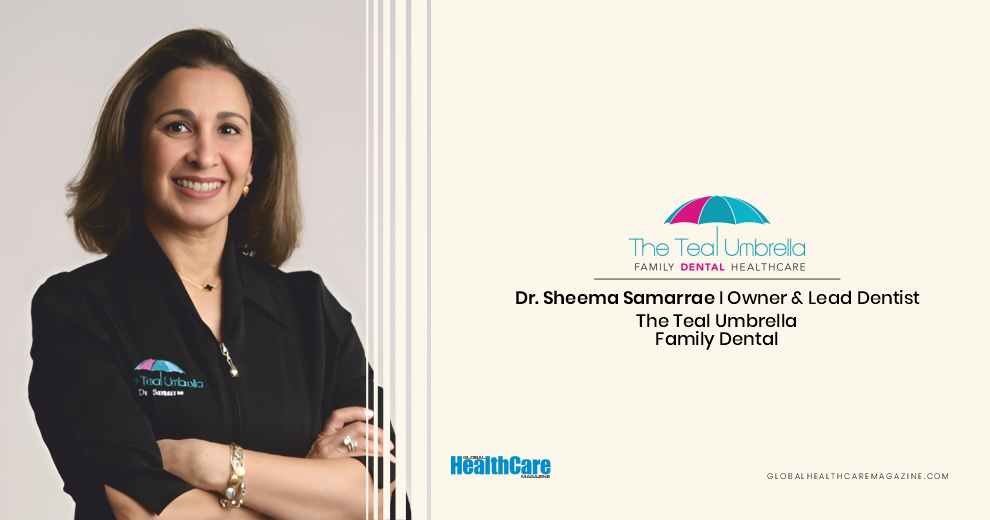It’s no secret that healthcare is changing fast. But one thing that hasn’t changed is how much people rely on nurses, especially in primary care. Whether it’s a routine checkup or long-term care for a chronic condition, nurses are often the ones guiding patients through the process. And today, their role is more vital than ever.
From supporting communities that lack access to regular care to helping patients make sense of their treatment plans, primary care nurses are taking on more responsibilities—and doing so with skill and compassion. So, what makes their role so crucial right now? Let’s take a closer look.
The Shift Toward Preventive, Patient-Centered Care
There’s been a big shift in healthcare. It’s no longer just about treating illness—it’s about preventing it. And primary care nurses are leading the way.
These nurses help patients stay on top of routine screenings, vaccinations, and early signs of chronic disease. They’re often the first to notice changes in a patient’s health and the first to offer guidance. Their focus isn’t just on symptoms. It’s on the whole person—body, mind, and lifestyle.
As their responsibilities grow, many nurses are turning to advanced degrees to meet new demands. For nurses who want to take their skills further, online MSN FNP programs like the one at Texas State University offer flexible options to prepare for advanced roles in family practice. The Master of Science in Nursing – Family Nurse Practitioner program provides clinical training, leadership development, and preparation for certification—all online and designed for working nurses.
This type of education helps primary care nurses step confidently into roles where they manage care across a patient’s entire lifespan.
Nurses as a Lifeline in Underserved Communities
In areas where doctors are hard to find, primary care nurses are filling the gap. Many rural and low-income communities rely on them as their main source of care.
These nurses do more than just treat illness. They build lasting relationships with patients, offering support, education, and consistency. Patients are more likely to follow treatment plans and return for follow-ups when they trust their provider, and nurses are often that trusted face.
In these communities, a nurse might be the one who catches a serious condition early or helps a family manage diabetes. Their impact goes beyond physical care—it’s about access, empathy, and long-term support.
Handling More with Less: The Expanding Scope of Practice
The healthcare system is stretched thin. There aren’t enough primary care doctors to meet the growing demand. Nurses are stepping up.
Many nurse practitioners now prescribe medication, order lab work, diagnose conditions, and develop treatment plans. They’re doing work that used to be reserved for physicians, and they’re doing it well.
This shift doesn’t just help patients. It also eases the pressure on healthcare systems. Nurses bring a well-rounded, patient-focused approach to care. Their ability to manage common health issues gives doctors room to focus on more complex cases.
The Role of Nurses in Building Health Literacy
Healthcare can feel overwhelming for patients. That’s where nurses make a difference.
Primary care nurses are natural educators. They help patients understand their conditions, treatments, and medications. They explain things clearly, in a way that makes sense. This one-on-one education helps patients feel more in control—and more likely to stick with their care plan.
When patients understand what’s going on, they make better choices. They ask questions. They follow through. Nurses make that possible by turning medical terms into useful, everyday knowledge.
Supporting Mental Health in Everyday Practice
Mental health is part of every patient’s story, even if it’s not the reason they came in. Primary care nurses are often the first to notice when someone is struggling.
They spend more time with patients and are trained to pick up on subtle signs—whether it’s anxiety, depression, or stress. They may be the ones to start the conversation, offer a listening ear, or suggest resources.
This early support can make a huge difference. Patients often feel more comfortable opening up to nurses, and that trust leads to earlier help and better outcomes.
Leading Change in Modern Healthcare Settings
Today’s nurses aren’t just following care plans—they’re helping create them.
Many primary care nurses are involved in leadership decisions within their clinics or health systems. They contribute to changes in workflow, patient communication, and even how technology is used in everyday care.
Some take the lead in telehealth programs. Others coordinate care between specialists. They know what works because they’re on the front lines. And when nurses lead, the entire system benefits from their insight and experience.
It’s clear that primary care nurses are more essential than ever. They’re managing more responsibility, stepping into advanced roles, and leading change in ways that matter.
Their ability to connect with patients, deliver preventive care, and offer long-term support makes them the backbone of modern healthcare. Whether in a small-town clinic or a busy city practice, these nurses are doing more than just their jobs—they’re keeping healthcare grounded and accessible.
Also Read: Why Listening Is One of the Most PowerfulTools in Patient Care for Nurses



















